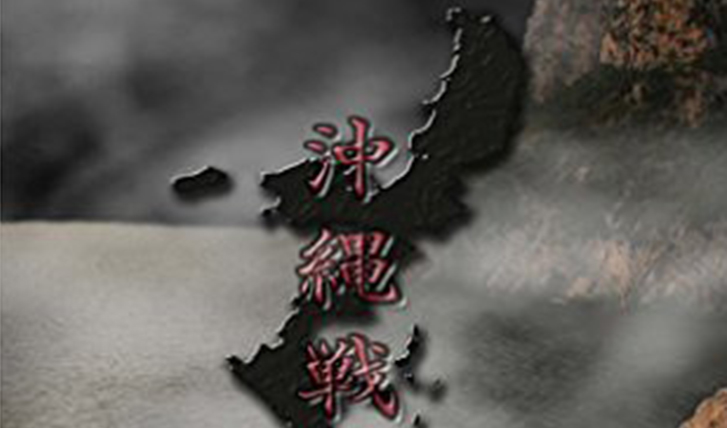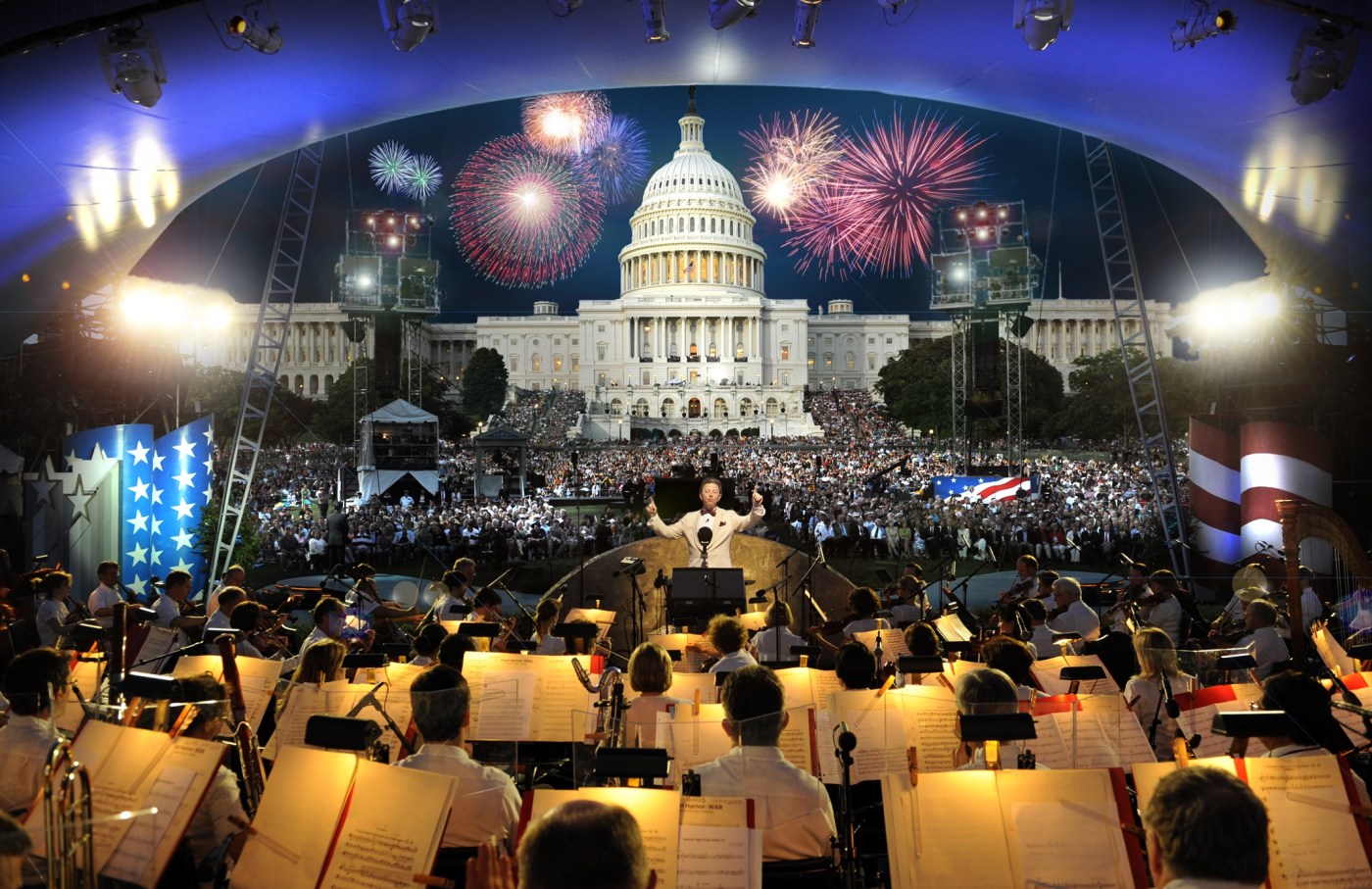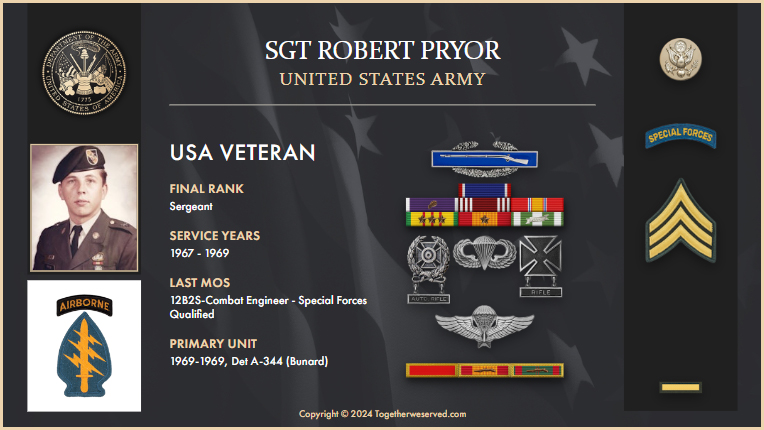I am a British-born writer in my early-sixties, living in Japan for more than 30 years, with grandchildren of my own. I am honored to be able to post here a few words about my novel “Escarpment”. My hope is that Veterans of the Okinawa campaign still alive, who read it, will feel satisfied that my brief description of the battle is accurate. Further, that their families, children and grandchildren will get a glimpse of what their dads and granddads went through on the island of Okinawa between April and June, 1945.
“Escarpment” is story set in the present day, based on a premise which many people believe that objects or artifacts can be possessed by the spirits of their dead owners. That is why it is always dangerous to scavenge from a battlefield.
It is not directly about the Battle of Okinawa, but more about the ghosts and spirits that still haunt the battlefield. That said, the battle itself is a presence that haunts many of the pages. From the unopposed landing at Hagushi to the Shuri Line. Kakazu Ridge and Sugar Loaf. The Japanese retreat to the Kiyan Peninsula. Yuza-Dake and Yaeju-Dake. Kunishi Ridge. Hill 95. The Medeera escarpment. Mabuni Hill. The mud and the rain.
The grueling days and nights of that battle haunted me also while I was researching and writing. Especially the plight of the Japanese civilians caught between the opposing forces. I recount the recollection of one old man who was a child of seven at that time, trapped with his mother and thousands of other women, children and old men between the enemy and the sea.
“There were only two alternatives. One was to hunker down until the fighting ended and then surrender to the Americans. But we had been brainwashed about the terrible fate that waited for us at the hands of the blood-thirsty Yanks. So, many took the second alternative – kill their families, the little kids and the old people, and then themselves.
“But, in fact, there was a third option – turn right around and go home again, head north, back to the destroyed villages. That’s what my mother and thousands of others mothers decided to do.
“Just one problem. To get there, they had to go through the American lines, with machine guns and rifles firing all around and shells flying overhead. Next to the surviving Japanese soldiers and the June rain and mud, women like my mother were the biggest pain in the (redacted) in the whole wide world to the US 10th Army.
“Those GIs and Marines had been living and dying in hell since the beginning of April. Now it’s near the end of June. Finally, finally, finally, they see victory in sight.
“But all the time now, day and night, they’ve got these bands of women and kids in front of them. And all the time, all up and down the lines, American soldiers are shouting, Cease Fire, Cease Fire – Civilians coming through.”
“Escarpment” is a short novel, easy to read; not an historical military tome. I would be pleased – and honored again – to send a free copy (paperback or Kindle) to anyone who has read this post and who would like to read my story. My request is simply that if you enjoy it, you recommend it to other people.

Topics in this story
More Stories
Summer can be a joyful time of year, but some outdoor activities can be hard for some Veterans. In this guest post, former VA Secretary Bob McDonald shares resources and plans to navigate summer activities.
"A CAPITOL FOURTH" airs on PBS Thursday, July 4, 2024 from 8:00 to 9:30 p.m. E.T.
The following is an account from Army Veteran Robert Pryor on how he was able to find and reconnect with the pilot who saved his life in Vietnam.







Mr. Turri is having some issues responding through the system and asked that I post the following on his behalf:
I want to apologize for the delay in getting copies of my novel “Escarpment” to those who are interested in reading it.
I was unable to successfully navigate this site.
For those who would like the Kindle version, I need only an email address to which I can send it.
For those who want the paperback, I will need an actual mailing address.
You can send them to my email address:
davidturri71@gmail.com
I will erase both email and postal addresses after I have sent the books.
I hope you enjoy reading them.
David Turri
With so many actual accounts of the battle by both participants and military historians it is criminal to be producing fiction about military battles. The author is just to lazy or lacks the ability to actually do factual research.
Texts about communicating with ghosts falls in the category of mental-vomit.
I spent a year in Viet Nam with the 101st.
Yes I’d like the opportunity to read your novel.
As a Marine I was a bit full of myself. I was stationed on Okinawa in 1970.It made me realize, then, just what both sides of that horrible battle had to go through. I was humbled.
I also would like to receive a printed copy so I could ‘recycle’ it by leaving it at the VA hospital where I volunteer. Like several others, I was at Kadena AB, but I was not stationed there and only flew in an out several times during the Vietnam War. My first time there was in 1969 and then I changed airplane types and was back on a second combat tour in 1970. I remember being briefed about the caves and being told that we could not go ‘exploring’ due to the (then) still-present dangers.
I was stationed at Kadena AFB in the early 70’s. Fell in love with the island and the people, rich in heritage and tradition. Would like to go back to visit someday.
I ordered the Kindle edition. My father was in Hiroshima 2 weeks after we dropped the bomb. I really don’t know very much. He told me a little bit, showed me some pictures in 1990. This was the the first time I had been told anything about it. He died a few months later. I’m very happy to learn anything about the Pacific Theater. Thank you.
If you click on the title of the book within the blog, it takes you to Amazon, where it is available for any electronic device for free. Or you can just click here: https://www.amazon.com/Escarpment-David-Turri-ebook/dp/B016LX8U60/ref=asap_bc?ie=UTF8
Both of the links which are provided lead to the Amazon page for this book. Unfortunately, Amazon didn’t seem to get the word, and while the book is free (as are all books in the Amazon Kindle collection) to Kindle Unlimited subscribers, the price to all nonmembers is $2.99. Still, to me the price seems little enough for the time and efforts of the author. Hopefully he will receive some of what Amazon takes in for his work.
That never occurred to me as I am a member and always “signed in” so the book opened for me. Good catch Mr. Clark and thanks for clarifying.
yes, I would like to receive a copy of your tome on Kindle. Thank you for your research and generosity.
I I was in the naval amphibious force that invaded Okinawa arriving several days before the invasion which occurred on April 1 – Easter Sunday. A beautiful day for a picnic, not a war. I remained at Okinawa with almost constant air attacks, riding out about 5 typhoons, (temporarily taken time out for the invasion of Ie Shima) until the Japanese said they would surrender. I look forward to reading your novel. May I have it in Kindle format?
I also would like a chance to read your story. I would prefer to receive a paperback copy to facilitate passing it on to others at McGuire Veterans Hospital in Richmond, Virginia. If available electronically in a text format, it could be emailed and I could (with your permission) print out several copies for distribution.
Thanks ever so much.
I was Stationed at Kadena AB from 88-92 and unfortunately I didn’t know the history of that wonderful Island. I have since been researching the battle of Okinawa and have amassed a nice collection of items from the battle. I wish I could share a picture on here with you! May I please have the honor of reading your novel!
Having been stationed on Okinawa back in the 80s, I would be very pleased to read this novel, in kindle format.